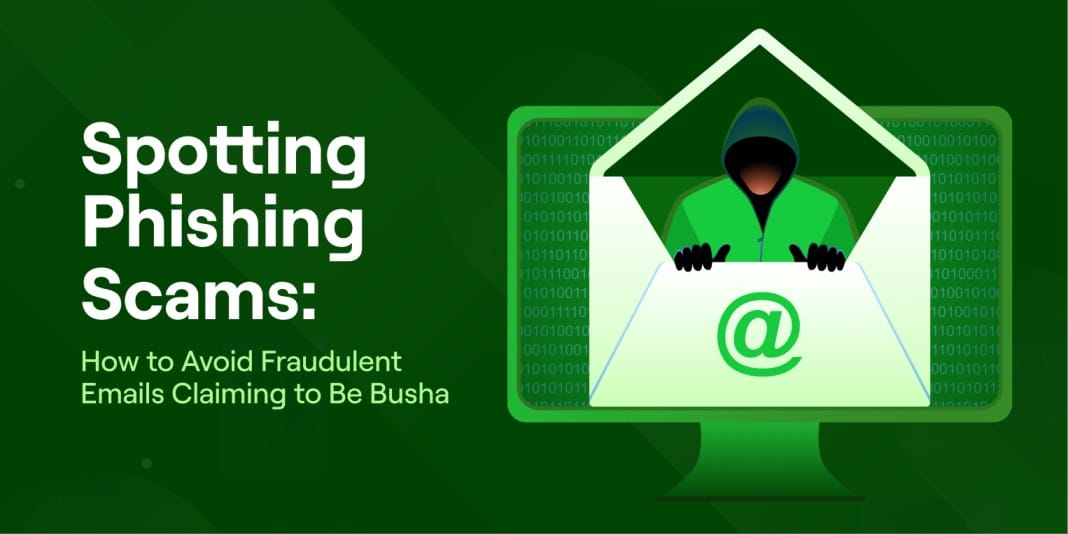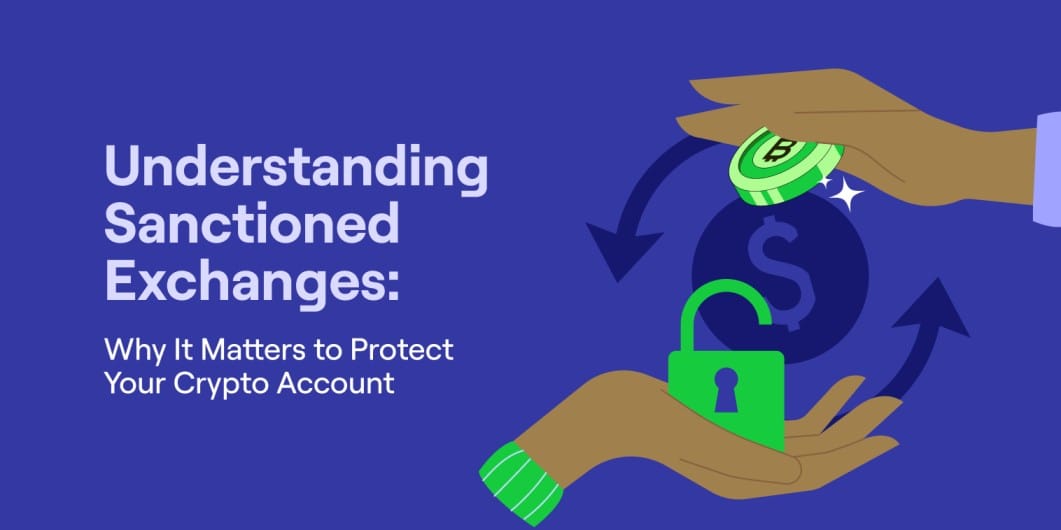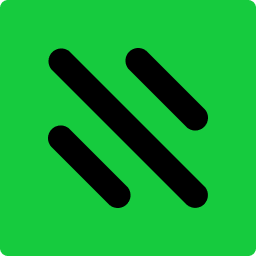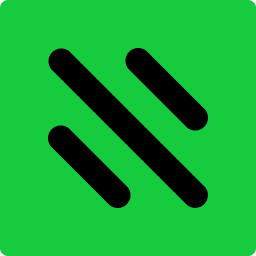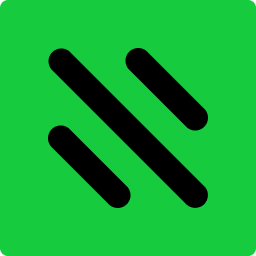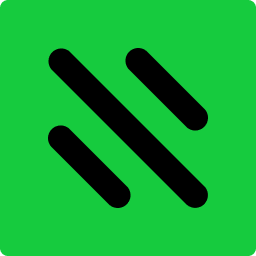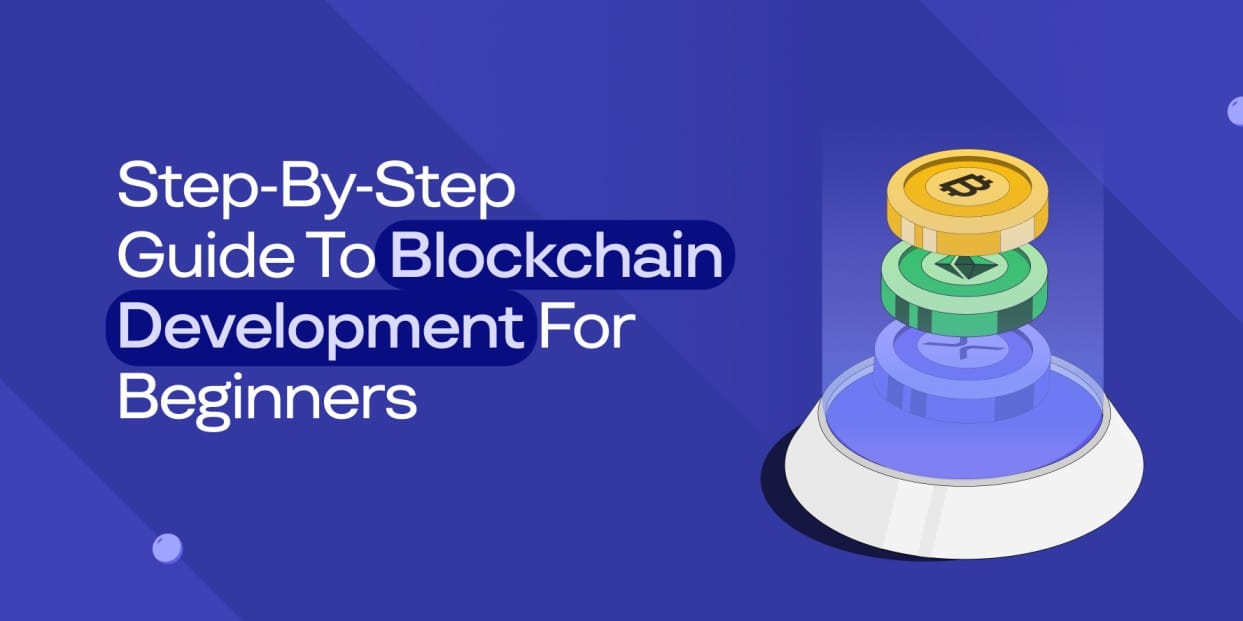
Step-by-Step Guide to Blockchain Development for Beginners
Blockchain technology has evolved from a niche innovation into a modern digital infrastructure core component. As of 2024, the global blockchain market is valued at approximately $31.28 billion and is expected to grow at an astonishing 90.1% CAGR between 2025 and 2030, reaching an estimated $1,431.54 billion by 2030.
Countries like India, Indonesia, Nigeria, the U.S., and Vietnam are leading in crypto adoption, highlighting blockchain’s increasing global relevance. If you’re interested in learning blockchain development, this guide provides a clear, structured roadmap to help you get started.
What is Blockchain?
Blockchain is a decentralized ledger that records transactions across multiple computers. Each "block" contains a list of transactions, and these blocks are linked together in a "chain" using cryptographic hashes. This structure ensures transparency, security, and immutability of data.
How Does Blockchain Work?
- Transactions occur and are grouped into blocks.
- Each block is connected to the previous one using cryptographic hashes.
- Consensus mechanisms like Proof of Work (PoW) or Proof of Stake (PoS) validate transactions and secure the network.
Key Features of Blockchain Technology
- Decentralization: No central authority controls the data.
- Security: Cryptographic hashing ensures data integrity.
- Transparency: Transactions are visible and verifiable by all network participants.
Why Learn Blockchain Development?
Blockchain development is one of the most in-demand tech skills today. Companies like Google, Microsoft, IBM, and Binance are actively hiring blockchain developers with competitive salaries and career growth opportunities.
Career Opportunities in Blockchain Development
- Blockchain Developer: Builds decentralized applications (dApps) and smart contracts.
- Blockchain Engineer: Designs and implements blockchain infrastructures.
- Blockchain Consultant: Advises businesses on integrating blockchain solutions.
Industries Adopting Blockchain
- Finance (DeFi): Enables secure, decentralized financial transactions.
- Gaming & NFTs: Blockchain powers in-game assets and NFT marketplaces.
- Supply Chain: Tracks products and prevents fraud in logistics.
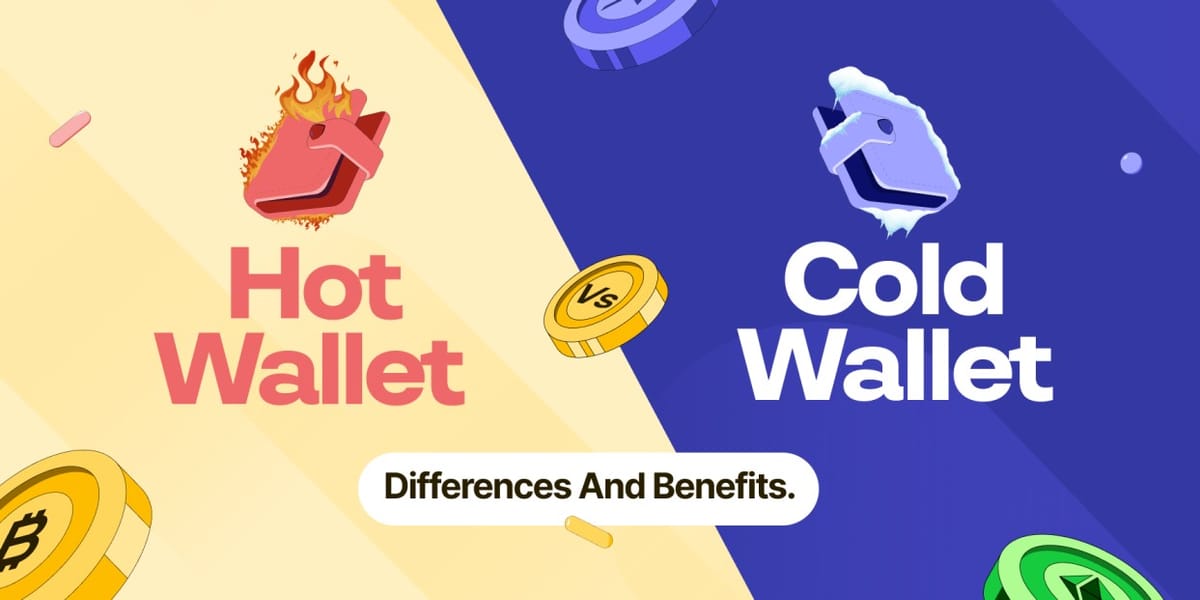
Essential Skills Required for Blockchain Development
To become a blockchain developer in 2025, you need proficiency in the following:
1. Programming Languages for Blockchain
- Solidity: Best for Ethereum smart contracts.
- Rust: Used in Solana and Polkadot development.
- Go & Python: Useful for general blockchain coding.
2. Smart Contracts
Smart contracts are self-executing programs stored on the blockchain that eliminate intermediaries, making transactions secure, transparent, and efficient.
3. Cryptography & Security Principles
- Hashing Algorithms (SHA-256, Keccak-256): Ensure data integrity.
- Public & Private Keys: Secure blockchain transactions.
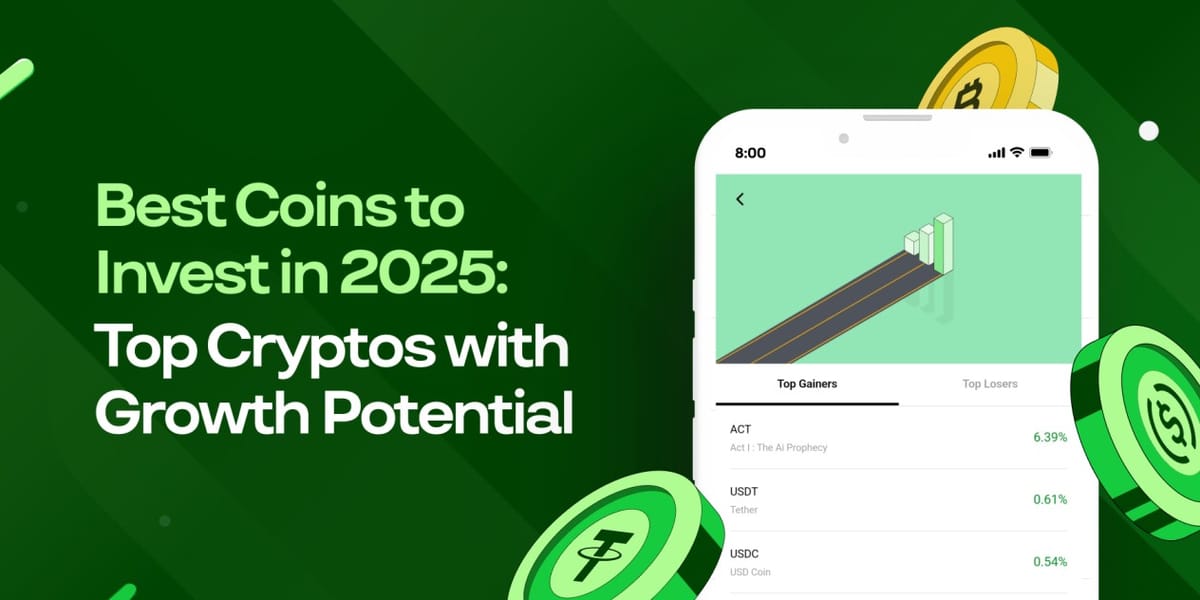
Setting Up Your Blockchain Development Environment
To start coding, set up the necessary tools:
- Install Node.js and npm, which are required for smart contract development.
- Download MetaMask: A crypto wallet for testing dApps.
- Choose a Blockchain Platform: Popular choices include Ethereum, Binance Smart Chain, and Solana.
Step-by-Step Guide to Learning Blockchain Development
Step 1: Learn Blockchain Fundamentals
- Understand decentralization, consensus mechanisms, and security.
- Read beginner-friendly resources on Busha Academy and Coursera.
Step 2: Master a Programming Language
- Learn Solidity for Ethereum-based development.
- Explore Rust for Solana and Go for Polkadot.
- Experiment with Python and JavaScript for smart contract interactions.
Step 3: Write Your First Smart Contract
- Create a simple Solidity contract:
- Deploy it using Remix IDE and MetaMask.
Step 4: Build Your First dApp (Decentralized Application)
- Develop a basic token or voting system on Ethereum.
- Use frameworks like Truffle and Hardhat for development.
Step 5: Learn About NFTs & DeFi
- Understand NFT minting and create your collection.
- Explore Decentralized Finance (DeFi) concepts like staking and yield farming.
Step 6: Create Your Blockchain Project
- Apply your skills by building a blockchain-based voting system, token, or NFT marketplace.
- Join open-source blockchain projects to gain hands-on experience.
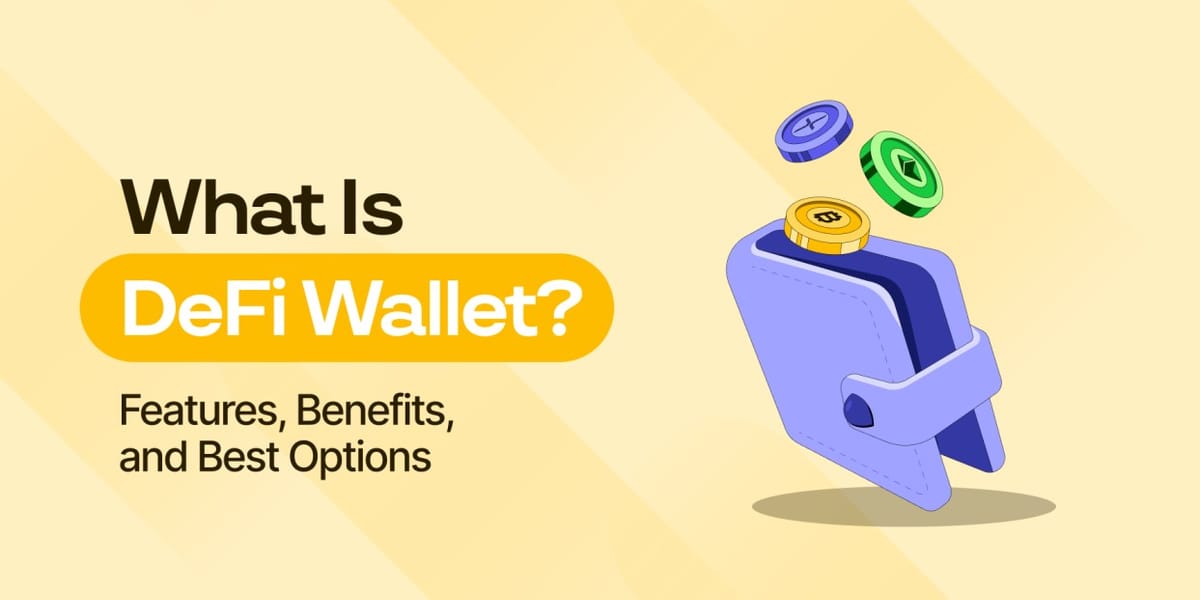
Free Resources to Learn Blockchain Development
- Solidity Docs: soliditylang.org
- Ethereum Developer Guide: ethereum.org
- CryptoZombies: An interactive Solidity tutorial
- Busha Learn: Learn blockchain concepts while trading crypto
How Busha Can Help You in Blockchain Development
Looking for a platform to buy and sell crypto while learning blockchain? Busha is your one-stop platform for crypto trading, education, and blockchain development resources.
- Learn and Earn: Gain blockchain knowledge while exploring DeFi projects.
- Secure Crypto Transactions: Buy, sell, and store cryptocurrencies with ease.
- Join the Community: Connect with other blockchain enthusiasts and developers.
Blockchain development is one of the most promising tech careers today. Whether you want to build dApps, create NFTs, or develop DeFi platforms, there’s never been a better time to start learning.
With the right tools and resources, you can become a blockchain expert. Sign up on Busha today and take the first step in your blockchain development journey!
Read More:
